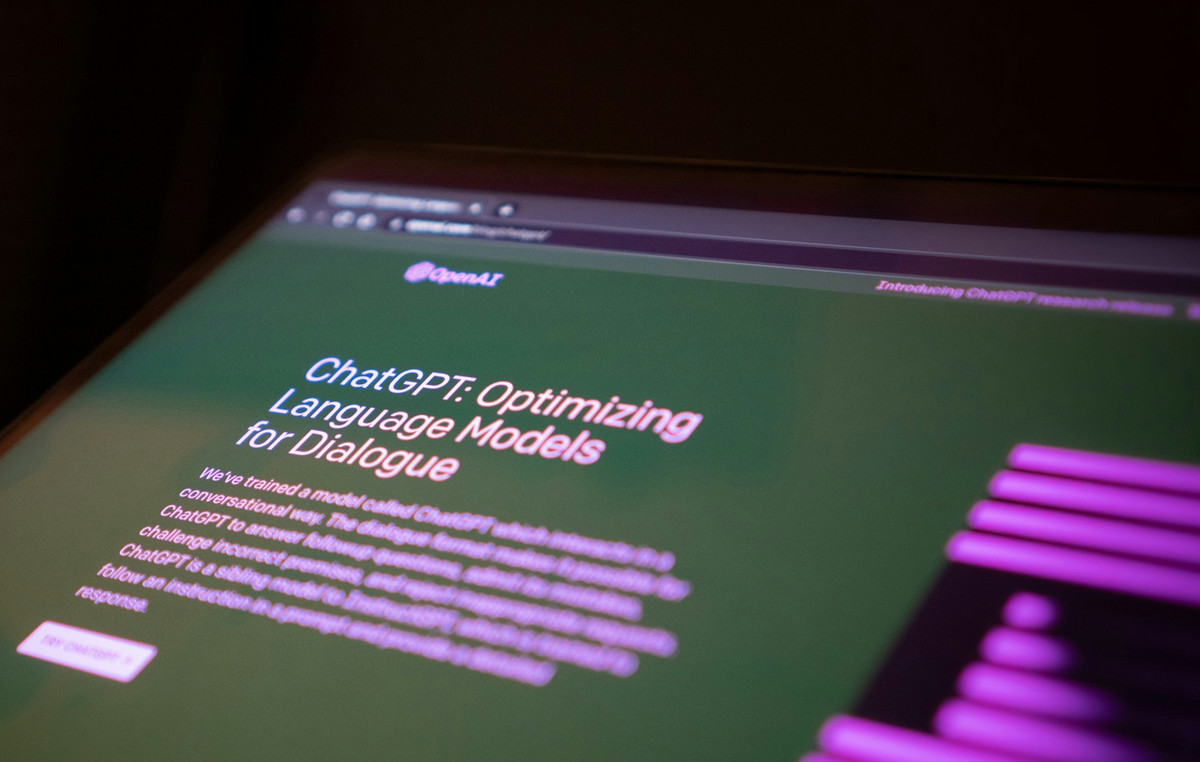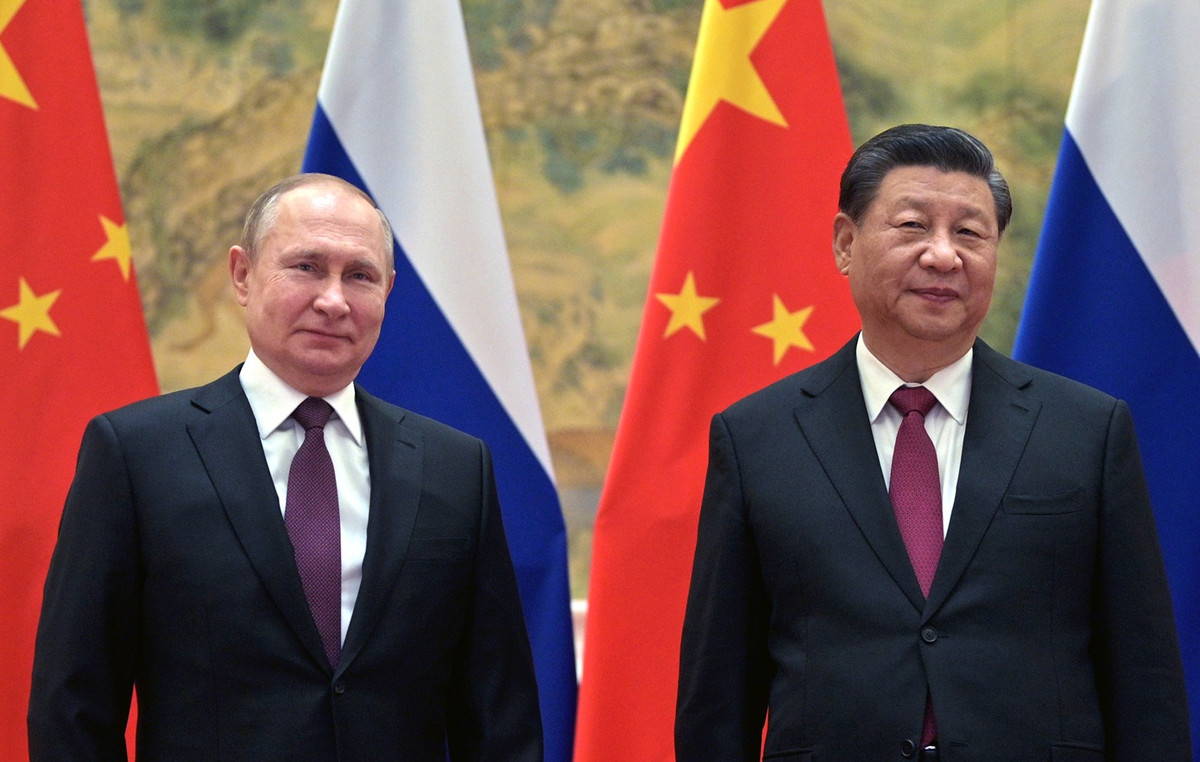The Austrian chancellor was the first Western leader to meet with Vladimir Putin since the start of the war in Ukraine. What is the result?

Austrian Chancellor Carl Nehamer met with Russian President Vladimir Putin at the latter’s private residence in the Moscow suburb of Novo-Ogaryovo on Monday afternoon for seventy-five minutes. No joint statements were made, no journalists were present, there are no photos. “It was not a friendly visit, I had just visited Ukraine, where I saw with my own eyes the pain caused by the Russian attack,” Nehamer said shortly after the meeting, adding that the conversation with Putin was “very immediate, open and tough,” he said, speaking “clearly about war crimes in Bhutan and other cities,” while warning the Russian president that “European sanctions will continue and intensify as people die in Ukraine.” At this point, the EU is more united than ever. ”
Statements by Chancellor Nehamer were scheduled for Monday night via teleconference from the Austrian embassy in Moscow.
The Austrian Chancellor did not have time to return from Kyiv and Saturday’s meeting with Ukrainian President Volodymyr Zelensky, and on Monday morning he left Vienna in a hurry, this time for Moscow. He was the first Western leader to meet Putin since February 24. Is he on a secret mission? Does it seek the impossible? “Everything possible must be done to help the people of Ukraine, to stop the war,” he said shortly before leaving Vienna.
Austrian ombudsman initiative?
Answering a related question, Nehamer said that he had made the decision to travel to Moscow and this happened “during his visit to Ukraine” at the weekend. Is Vienna aspiring to take a mediation initiative? “In the EU, no one expects Austria to play the role of a bridge builder,” Gerhard Mangott, a professor of international relations at the University of Innsbruck, told Austrian public television (ORF). “And to be honest, Moscow knows that little Austria does not have the necessary specific weight to influence Russia’s decision-making in the EU.”
The chancellor claims that he had “agreed” on this visit with the EU institutions, German Chancellor Olaf Soltz and Turkish President Tayyip Erdogan, as well as Ukrainian President Zelensky. According to ORF, however, the first reactions in Vienna show that he probably did not reach an agreement with the ruling Green party. “I do not approve of the chancellor’s visit, which has nothing to do with diplomacy and will be used for Putin’s propaganda,” said Eva Ernst-Djjejic, the Greens’ spokeswoman for foreign policy. However, after the special Nehamer-Putin meeting, the German News Agency (DPA) spoke, for the first time, of an “Austrian mediation initiative”, noting, however, that “there is little room for Vladimir Putin to step down.”
The difficult Austria-Russia relationship
In recent years, Austria has been doing all it can to maintain privileged relations with the Kremlin. In 2008, the far-right Liberal Party (FPO), which later joined a coalition government under Conservative Chancellor Sebastian Kurtz, signed a co-operation agreement with Putin’s United Russia party. In 2014, Austria was the first Western country Putin visited after the violent annexation of Crimea. In 2018, Austrian Foreign Minister Karin Kneisl had invited the Russian president to her wedding, who appeared with a Cossack choir, while as a wedding gift she offered earrings worth 50,000 euros, according to reports at the time. Weeks ago, the FPO opposed the proposal for Ukrainian President Volodymyr Zelensky to address the Austrian Parliament, but other political parties, with the exception of the liberal NEOS, did not show much enthusiasm.
“For Russia, Austria is an important country because it proves that there are countries in the EU that seek good relations with Russia,” says science politician Gerhard Mangot, “but this is a thing of the past given the “Austria against Moscow since the war broke out in Ukraine.”
Giannis Papadimitriou (DPA, ORF, Der Standard, Kurier)
Source: Deutsche Welle
Source: Capital
Donald-43Westbrook, a distinguished contributor at worldstockmarket, is celebrated for his exceptional prowess in article writing. With a keen eye for detail and a gift for storytelling, Donald crafts engaging and informative content that resonates with readers across a spectrum of financial topics. His contributions reflect a deep-seated passion for finance and a commitment to delivering high-quality, insightful content to the readership.







